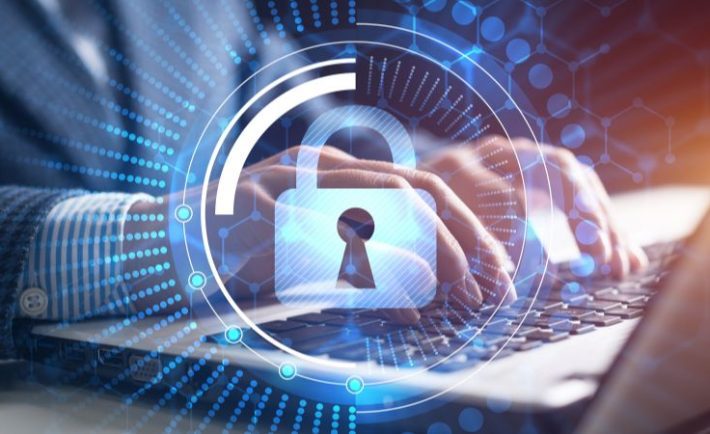
Every email, message, and call that occurs within your business could house sensitive information. When you design and implement your digital security measures, you’re protecting more than just data; you’re also protecting your company’s values and integrity. By fortifying your communication channels, you not only prevent breaches but also signal to clients and partners that their information is in safe hands. Create a robust security system for your company with these effective ways to secure your business communications.
Utilize End-to-End Encryption
End-to-end encryption is the gold standard in secure communication. Encryption processes convert information to a code that requires a decryption key to interpret. End-to-end encryption secures your data on both sides of your communications—the sender’s device encrypts the message and only the intended recipient’s device can decrypt it. No intermediary, not even the service provider, has access to the unencrypted data, making it impossible for unauthorized individuals to access your exchanges.
Compare Different Communication Platforms
When it comes to selecting communication software and platforms, businesses have plenty of options. But how do you know which one is the most secure? The truth is that most communication platforms available to you will have a mix of advantages and drawbacks. By using multiple solutions strategically, you create a robust and adaptable system that meets all your security needs.
For example, you can use business cell phones or Voice over Internet Protocol (VoIP) systems to host verbal communications for your business. You could determine which one is more secure for your business, or you could use both solutions in tandem to create stronger communication solutions overall.
Regularly Audit and Update Security Measures

Just as your business evolves, so too should the security measures that protect it. One of the most effective ways to secure your business communications with long-term solutions is to continuously review and adjust your strategies.
Regular audits serve to assess the efficacy of your current security protocols and identify areas in need of enhancement. New threats and strategies are constantly emerging in the world of cybersecurity. Stay current by subscribing to industry feeds, attending training sessions, seeking feedback from employees, and maintaining a network of IT professionals who can advise you on the latest best practices.




